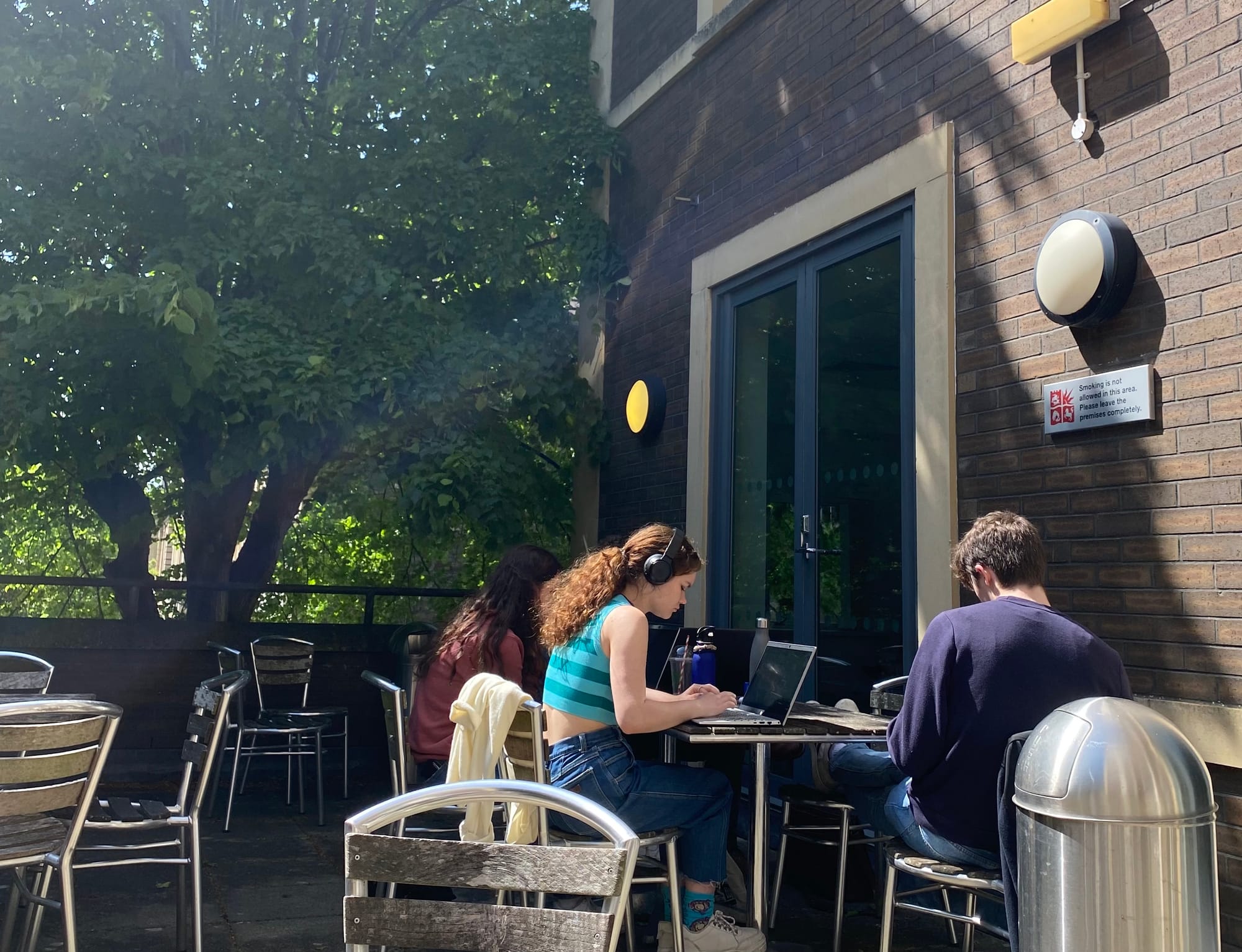‘A university-wide shift to standardise students’ educational experience’: How do students feel about the new academic year structure?

By Nel Roden, Features Editor
As Welcome Week draws to a close, students across all disciplines at the University of Bristol prepare for their return to academic life. For some, this will be their first time getting back into the academic routine, while others may be returning for the second, third, or even final time. Regardless of their experience, everyone will encounter something new this year with the updated structure of the University of Bristol’s academic calendar.
In February earlier this year, the University of Bristol announced its plans to restructure the academic calendar. They offered a detailed breakdown of the changes that will be implemented and rolled out in September 2024. Such changes come about as a result of student feedback, to which the university responded as follows:
‘[Students] told us you were not getting a proper break during the winter holiday because you had to use your time writing or revising for January assessments. The new structure will allow you to complete exams and assessments before the winter break’.
In addition to this, the university’s statement also touched on students’ concerns about receiving timely feedback on assessments and coursework. To address this issue, they clarified that ‘the earlier reassessment period will give [students] more time to prepare for the next academic year and the earlier TB1 assessment period will help you with your learning through TB2’. While the university plans on retaining its usual two teaching blocks split across the year, it has opted to change the timing of assessments to ‘ensure that students are given information about their progression [to next stage of study] in good time’.
Although the amendments made to the university’s academic year were done in response to criticisms of its original structure, how do students feel about the changes that are being implemented now that Week One is just around the corner? Epigram spoke to four students to gain insight into how they believe the new academic year structure will impact their studies.
When asked whether they anticipated that the changes would improve or worsen their academic experience, the students all shared a similar view that it would make for a better university experience, particularly during TB1. Fourth-year English student, Robin, believes the changes are ‘indicative of a university-wide shift to standardise students’ educational experience’. She emphasised that such changes are particularly necessary ‘given the ubiquitous disruption young people have faced throughout the past four years of their academic endeavours’, citing COVID-19, teaching strikes and marking boycotts as major instances that have affected students’ studies.
Third-year Biology student, Conor, shares a similar outlook on the updated structure, noting that it ‘always felt a bit strange that we came back to university so late in September’. He continues: ‘I personally feel more motivated to start my studies early in September, so returning to university at an earlier date will hopefully capture some of that momentum rather than coming back later on in the month when I begin to feel more indifferent towards studying’.
Having consistent consolidation weeks across the university term ‘just makes more sense’
A key aspect of the restructuring that all interviewees agree with is the implementation of a standardised consolidation – or ‘reading’ – week. While in previous years consolidation weeks have varied across subjects, the university has now established that ‘halfway through both terms, taught students on programmes that follow the standard structure of the year will have the same consolidation week’. Fourth-year Chemistry student, James, sees this as a positive adjustment, as in previous years, he writes, ‘I’ve had my reading week one or two weeks after my friends, so it will be nice to have them line up this time around’.
Conor echoed this thought, noting that having consistent consolidation weeks across the university term ‘just makes more sense’. Robin also views the standardisation as a step in the right direction, particularly for alleviating the pressure students experience whilst at university: ‘This change is necessary to counter the stricter rules on extensions and exceptional circumstances – hopefully, students will now feel that the calendar offers as much opportunity as possible to have much needed time to decompress’.
Despite this, interviewees expressed concerns over the shorter time frame for TB1 assessments, with the assessment period now scheduled to take place between the 9th and the 13th of December. MSc Sociology student, Eleri, shares her apprehensions about having end-of-term assessments clash with ongoing teaching, this now ‘meaning less free time to complete coursework essays’. Similar concerns were voiced by Conor, who notes that it is ‘unfortunate that TB1 could become more intense. There is now less time overall to prepare for TB1 assessments and having such a short exam period could mean a very busy week, especially based on my experiences in previous years’.
Such reservations are not unfounded. In a 2022 study, the Center For Digital Learning found that 31 per cent of UK students were struggling to deal with fast-paced courses, with yet another 31 per cent reporting that they struggle with a heavy workload at university. It is, however, anticipated that offering students a substantial break over the winter holiday will help alleviate stress going forward into TB2. Both Conor and Eleri acknowledged that this would allow them to socialise and unwind over the break, and will hopefully mean returning to campus in January feeling refreshed and motivated.
Beyond the books: The importance of social spaces on campus
Trust the process: A guide to thriving and surviving in halls
Although the University of Bristol now differs from many of its Russell Group counterparts in the structure of its academic year, whether these changes effectively address the issues they intend to resolve remains to be seen.
Featured Image: Epigram / Nel Roden
For an overview of the changes to the structure of the academic year, visit the University of Bristol website.
